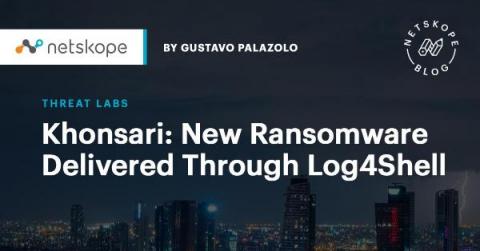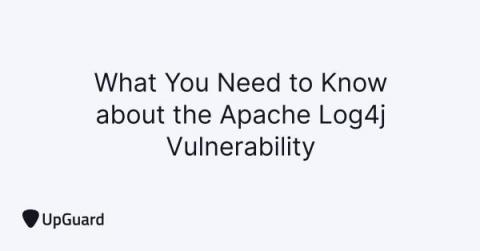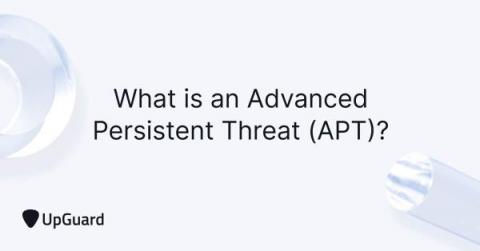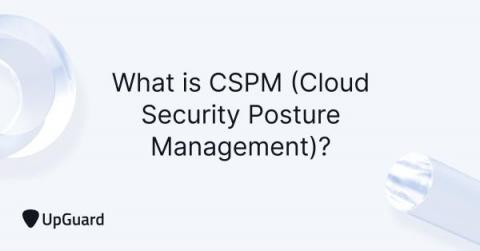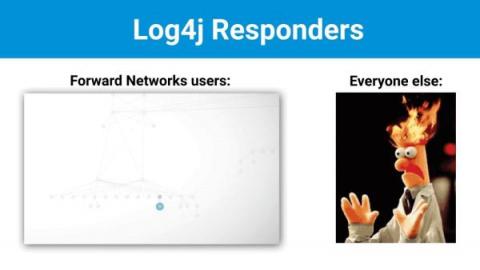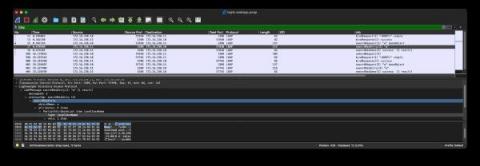Trustwave's Action Response: Multiple Log4j Zero-Day Vulnerabilities
Dec. 29: Updated to cover three additional CVEs: CVE-2021-4104, CVE-2021-44832, and CVE-2021-42550 (in logback as opposed to log4j). Dec. 22: A joint Cybersecurity Advisory was issued by multiple national cybersecurity agencies providing mitigation guidance on addressing vulnerabilities in Apache’s Log4j software library: CVE-2021-44228 (known as “Log4Shell”), CVE-2021-45046, and CVE-2021-45105. Dec. 17: Please note the emergency directive from CISA on Log4j.




